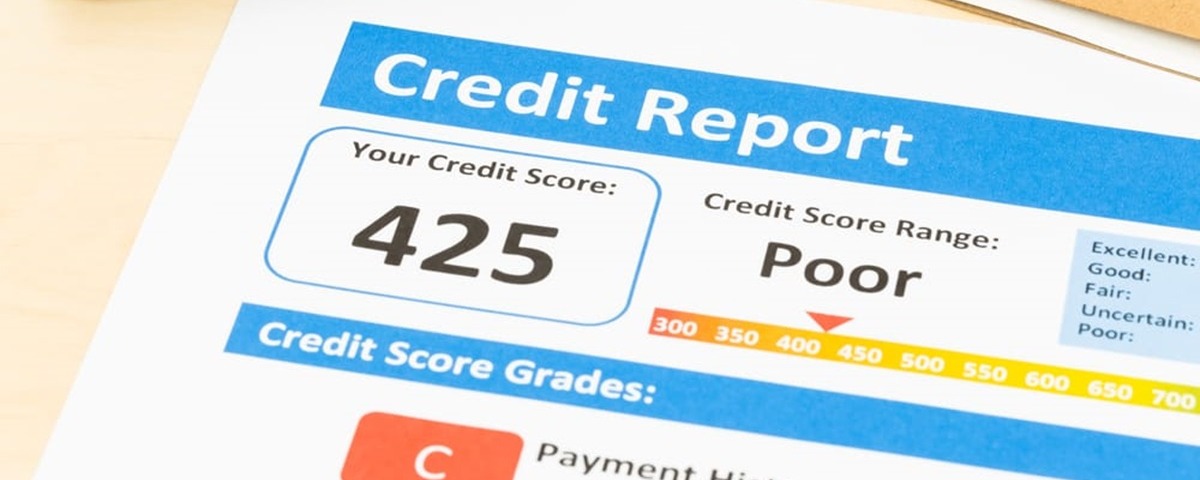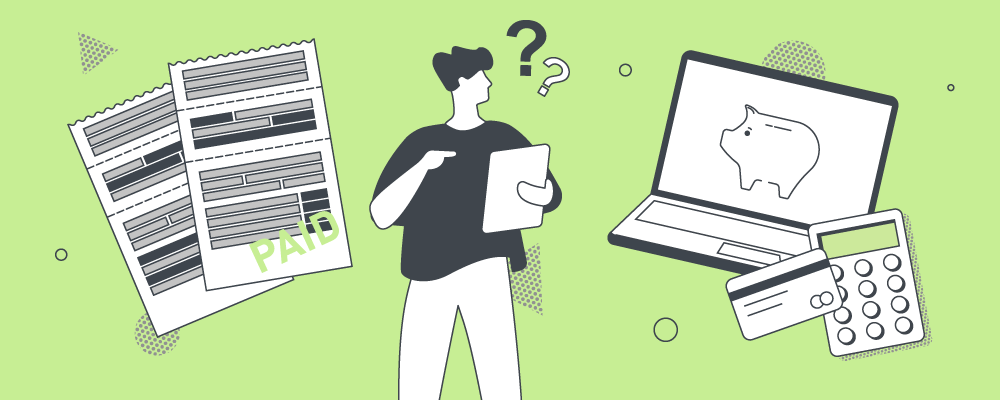
Your credit score can make a difference when applying for a mortgage. Whether you’ve missed mobile phone payments or are just starting to earn a regular income, this guide explores the reasons behind a low credit score. It also provides guidance on obtaining a mortgage despite having bad credit.
What is bad credit?
Bad credit refers to a low credit score. Credit scores typically range from 300 to 850, and anything below 580 is considered poor. If you have bad credit, it can be difficult to obtain loans, as lenders perceive you as a higher risk.
Why might I have bad credit?
Many factors can contribute to a bad credit score, including:
• Late payments: Consistently paying bills late, including rent and utility bills, can negatively impact your credit score.
• Missing payments: If you regularly miss bill payments, your credit score will be affected.
• Past financial difficulties: Any previous financial troubles, including filing for bankruptcy, significantly lower your credit score and stay on your credit report for years.
• No credit history: If you’ve never taken out a credit card or loan, your credit score may be lower as lenders can’t see a good track record of borrowing and repaying.
• Credit report errors: Any mistakes on your credit report, such as incorrect account information, will lower your credit score.
Tips to get a mortgage with bad credit
The good news is that there are ‘bad credit mortgages’ available. Follow these eight steps to boost your credit score and improve your chances of securing a mortgage.
1. Register to vote
Registering to vote can enhance your credit score and increase your chances of securing a mortgage. When you register to vote, lenders gain easier access to your personal information, including your name and address, through your electoral details.
2. Meet all bill payment deadlines
Even during challenging times, prioritise making bill payments on time to avoid long-term issues. Set up direct debits to make sure you never forget, and if you’re facing significant difficulties, contact your lender to explore potential changes to your repayment schedule.
3. Get copies of your credit report
In the UK, lenders use three credit reference agencies (CRAs) when assessing credit applications: Equifax, Experian and TransUnion. CRAs work with banks, building societies, mobile phone retailers and other businesses to help them make quick decisions on whether the person applying for credit is likely to pay back. They store information about your electoral roll details, any court records, your address data, account data and records of previous credit searches.
You can now obtain your full statutory credit report for free using the links above to contact the agencies directly.
4. Correct any mistakes on your credit report
Once you have your reports, check that all the information they have about you is correct. If you spot any mistakes, write to the credit reference agency and ask for them to be corrected immediately. Include an explanation of why the information is wrong and provide evidence if you can.
Here are some common errors you may find on credit reports:
• Wrong person’s details: Your credit report might include another person’s credit history, especially if you share similar information, such as the same name.
• Outdated information: Closed credit accounts might be incorrectly labelled as still open, or an address where you no longer reside could be listed.
• Missed payments: It might be recorded incorrectly that you missed a payment.
• Inconsistencies: Mistakes can happen due to wrong information, such as name misspellings or incorrect addresses.
• Duplicates: Your credit file might report the same debt twice, which can create an inaccurate picture of your finances and negatively impact your credit score.
An agency must start an investigation within 45 days of a free annual credit report request and has five days to notify you of the results after completing an investigation. Accurate information cannot be removed, but providing you have enough evidence, you can dispute any of the information on your credit report.
5. Improve your credit score
You can improve your credit score by taking three simple steps:
• Consider cancelling unused credit cards. Lenders consider your available credit, and using a large percentage of it can signal financial strain and affect your credit score.
• Avoid making further credit applications. Applying for lots of credit at once can negatively impact your credit score. Wait until you’ve sorted out any problems on your file and improved your score before applying for a mortgage.
• Get a credit builder card. These cards are designed to boost your credit score and are for people with poor or no credit.
6. Speak to a new home mortgage advisor (NHMA)
In the past, having a poor credit history meant applying to a specialist lender. However, in today’s market, some mainstream lenders offer credit to people with minor credit blemishes. If you’re concerned that your credit history might hinder your mortgage application, seeking advice from a New Homes Mortgage Adviser (NHMA) is the best course of action.
7. Ensure you can afford a mortgage
Before applying for any mortgage, you need to be sure you can afford the deposit and the mortgage repayments. A New Homes Mortgage Adviser (NHMA) will ensure that you don't overstretch yourself or get into unnecessary difficulty.
8. Visit a mortgage broker
There are now lenders in the UK specialising in offering mortgages to borrowers with a poor credit history. Talk to a mortgage broker to find the right lender for your circumstances.
A good broker can search across the market for lenders on your behalf and source the best deal to meet your history, current income and requirements. They know the providers' lending criteria, so they can tell you which mortgages you're most likely to get accepted for.
Explore our selection of newly built, energy-efficient properties throughout the UK. Our offerings include 2 bedroom and 3 bedroom homes for first-time buyers, as well as 4 bedroom and 5 bedroom homes ideal for growing families.
Contact our Sales Advisers today to discover unique homebuying offers.


